As a consistent supporter of nuclear energy, it is encouraging to see a new French energy bill reaffirming the country’s commitment to nuclear power as ‘energy sovereignty’.
The draft bill omits setting targets for solar power, wind power, and other renewables, in favour of expanding ‘the sustainable choice of using nuclear energy as a competitive and carbon-free’ source of electricity.
This development follows a new wave of support for nuclear energy at the 28th United Nations Climate Change Conference (COP28) in Dubai last year.
Already a subscriber? Log in
Subscribe for just $2 a week
Try a month of The Spectator Australia absolutely free and without commitment. Not only that but – if you choose to continue – you’ll pay just $2 a week for your first year.
- Unlimited access to spectator.com.au and app
- The weekly edition on the Spectator Australia app
- Spectator podcasts and newsletters
- Full access to spectator.co.uk

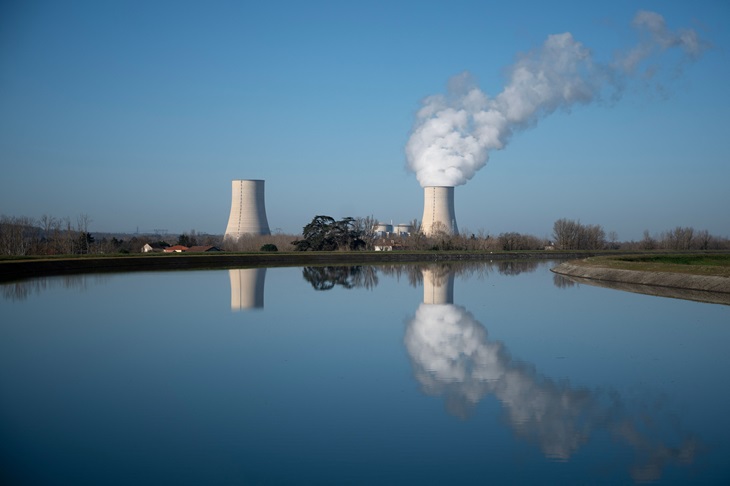

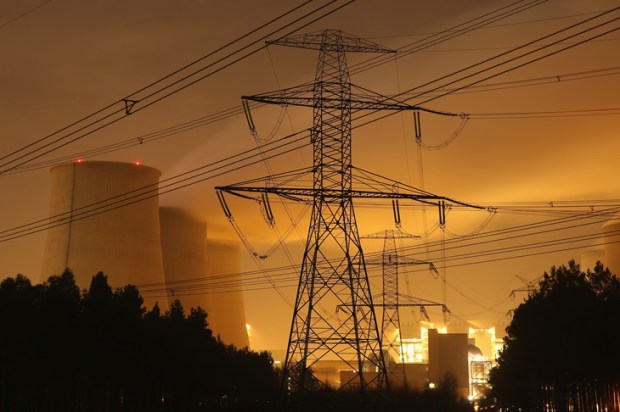
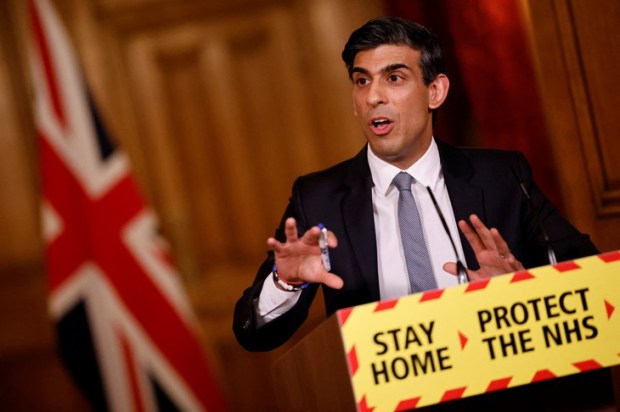
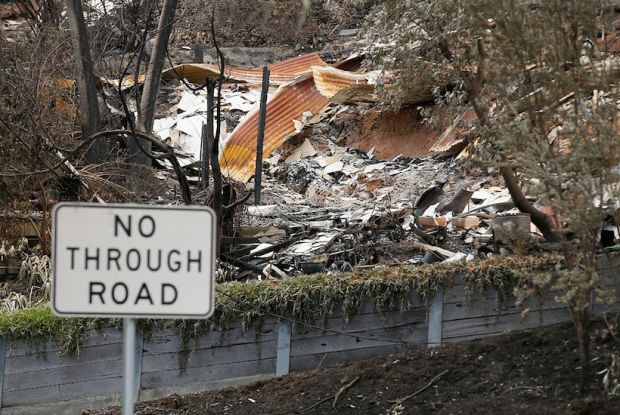
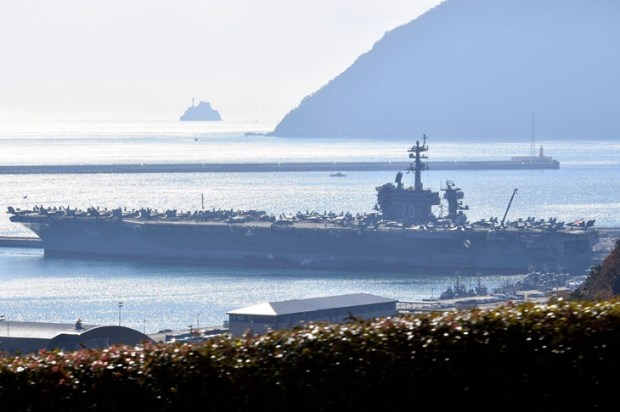



















Comments
Don't miss out
Join the conversation with other Spectator Australia readers. Subscribe to leave a comment.
SUBSCRIBEAlready a subscriber? Log in